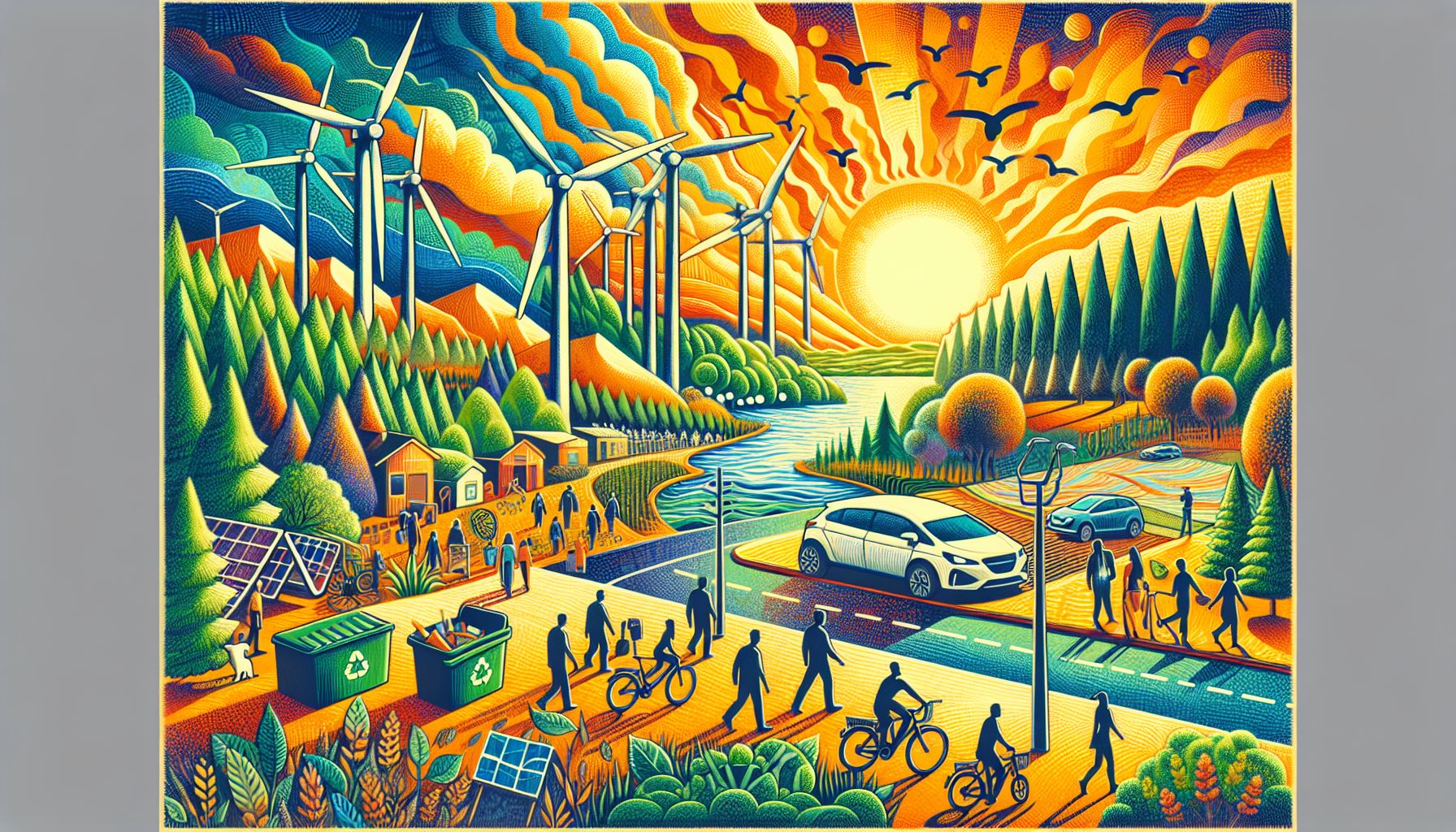TNO Study Finds Cost-Effective Climate Neutrality with Lifestyle Changes

A TNO study reveals that achieving climate neutrality in the Netherlands by 2050 will be cheaper if consumers adopt sustainable lifestyle changes and reduce fossil fuel use.
The Role of Consumer Behavior
The study, titled ‘Future of the Dutch Energy System,’ underscores the pivotal role of consumer behavior in reducing costs associated with the energy transition. According to TNO, simple lifestyle adjustments such as reducing air travel, increasing the use of public transport and bicycles, and consuming less meat can significantly lower the overall expenditure required to reach climate neutrality by 2050. The research categorizes these changes under two scenarios: ADAPT and TRANSFORM, both designed to minimize expenses while meeting climate targets.
Government Policies and Incentives
TNO emphasizes that government interventions are crucial in steering the nation towards these goals. Clear policies and financial incentives, such as subsidies, are necessary to encourage both consumers and businesses to adopt sustainable practices. Researcher Martin Scheepers from TNO highlights the need for a well-defined vision of the future energy system to guide these interventions, ensuring that all stakeholders, including industries and citizens, are aligned towards common objectives.
Industrial Sector’s Contribution
The industrial sector, which consumes nearly half of the energy in the Netherlands, plays a significant role in the transition. The study suggests that extensive sustainability measures within the industry can result in lower system costs compared to scenarios reliant on substantial fossil fuel use. This is particularly relevant as the demand for electricity is expected to surge by 2050, driven by the proliferation of electric vehicles, heat pumps, and hydrogen production.
Mixed Energy Solutions
While the complete phasing out of fossil fuels is ideal, TNO acknowledges the high costs associated with this approach. The study proposes a balanced strategy that includes limited use of fossil fuels combined with carbon capture and storage from biogenic sources. Additionally, the incorporation of nuclear energy is found to be cost-effective, with system costs being 1 to 2.5% lower in scenarios that include nuclear power compared to those without.
Ecological Considerations
TNO’s research also highlights the importance of ecological considerations in the energy transition. For instance, in a separate study focusing on the Wadden Islands, TNO researchers Sam Lamboo and Floris Taminiau explored the potential of wave, tidal, and salinity gradient energy sources. Their findings indicate that these islands could meet a significant portion of their energy needs through sustainable means by 2030, provided specific ecological impacts are thoroughly assessed and addressed.

